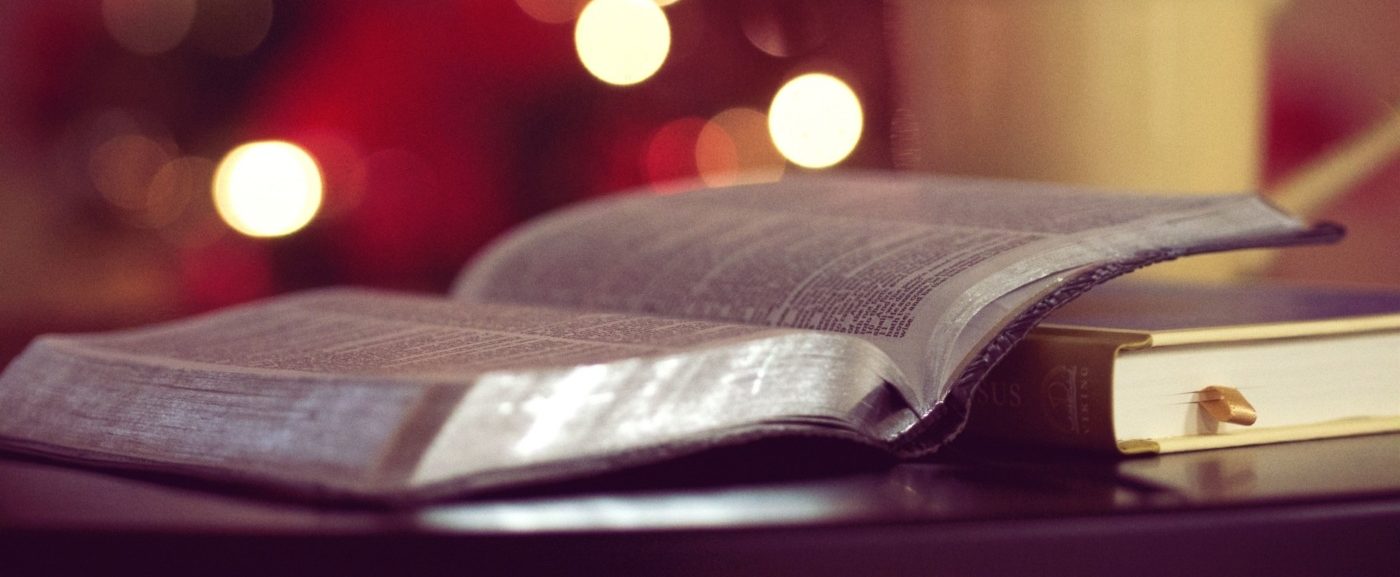The best poetry for the festive season
With samples ranging from the distinctly saccharine to the downright dark, there’s a wide variety of Christmas poetry to choose from, suiting all tastes and moods. As the big day draws ever nearer, I’ll be highlighting some of my personal poetry favourites.
A staple which appears amongst many people’s festive favourites: Clement Clarke Moore’s ‘A Visit From St. Nicholas’, better known as ‘‘Twas The Night Before Christmas’. This poem definitely leans heavily on the sweet side, and why not? As the pressures and strains of the holiday season mount with age, the dose of nostalgia for childhood excitement this poem delivers is sorely needed. Even though “visions of sugar-plums” might be replaced with dreams of Quality Street nowadays, and the poet is somewhat optimistic in suggesting any child would be calmly “nestled all snug in their bed” on Christmas Eve.
Though this poem basically founded half of the tropes that make up modern Christmas songs, it manages not to be cheesy thanks to the flashes of cheeky humour throughout. What adult wouldn’t smile wryly at the description of the parents having settled their brains to sleep, and what child wouldn’t giggle at St Nicholas’ belly jiggling like a bowlful of jelly? ‘‘Twas The Night Before Christmas’ is the perfect poem for putting you in a fun, festive mood.
Whether you’re religious or not, it’s nice to be reminded of the humanity behind the nativity
However, my second pick brings a heavy dose of cynicism. Rejoicing in cold, dark imagery and the intimate, unglamorous details of a long trek, T.S. Eliot’s ‘Journey of the Magi’ counters the rosy view usually given of the Biblical magi’s quest to find the infant Jesus. In fact, the poem ends with the speaker lamenting that he “should be glad of another death”, a line that the English student in me could elaborate on for hours.
Despite the speaker’s cool assessment of the nativity as “satisfactory”, I always find the poem reassuring. Whether you’re religious or not, it’s nice to be reminded of the humanity behind the nativity. The speaker’s mixed emotions in the wake of his religious epiphany speak to the displaced feeling many of us experience when the fun of Christmas is over and we’re faced with a blank new year, and the pressure to make something good out of it.
I’m also going to include the classic ‘In The Bleak Midwinter’ on my list. Though the words are now more often accompanied by Gustav Holst’s tune to form a carol, they were originally published by Cristina Rosetti as ‘A Christmas Carol’.
Rosetti brings to mind the thousands of modern women dealing with the same thing
I recently found that the original contains a stanza which describes a “breastful of milk” alongside the “mangerful of hay”. I appreciate that inclusion, as I always feel that it’s important to acknowledge the very real, tactile involvement of women in the traditional nativity story, as well as elsewhere in the world. By underlying the physical realities of giving birth in a harsh location, Rosetti brings to mind the thousands of modern women dealing with the same thing whether it’s intentional or not, but without the reassurance of their baby being of divine origin. Though such an issue is uncomfortable to think about at a time of festivity, it’s also worthwhile as it can at the very least inspire us to be grateful for the securities we do have in life.
Finally, I’ll end on a more light-hearted note with Benjamin Zephaniah’s ‘Talking Turkeys!!’. It’s probably hypocritical for me to include this poem about not eating turkeys considering I’m very likely to do just that in a few days’ time, but nonetheless I think it deserves a mention.
Its target audience is children, and Zephaniah’s effectiveness in adapting to that audience is evident in the use of light rhyme and strong humour, for example suggesting that turkeys “just wanna play reggae” and “eat cake”. Even the poem’s comment on consumerism is accessible to younger audiences through its colloquial language and light take on such an issue.
‘Talking Turkeys!!’ illustrates the elements that I think make the best Christmas poetry: humour, nostalgia, a wintry atmosphere, and sometimes something deeper to prevent you from getting too wrapped up in festivity.

Comments
Comments are closed here.